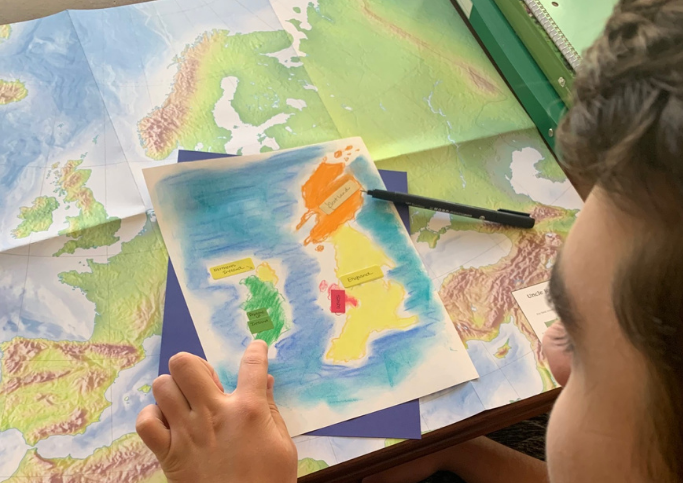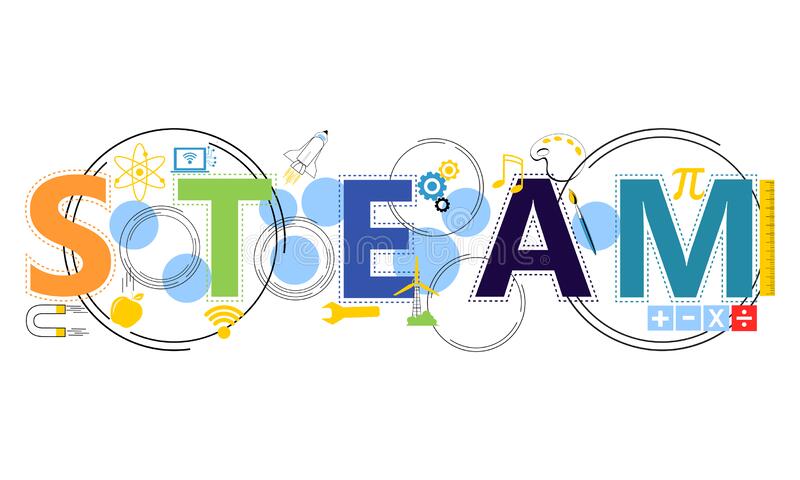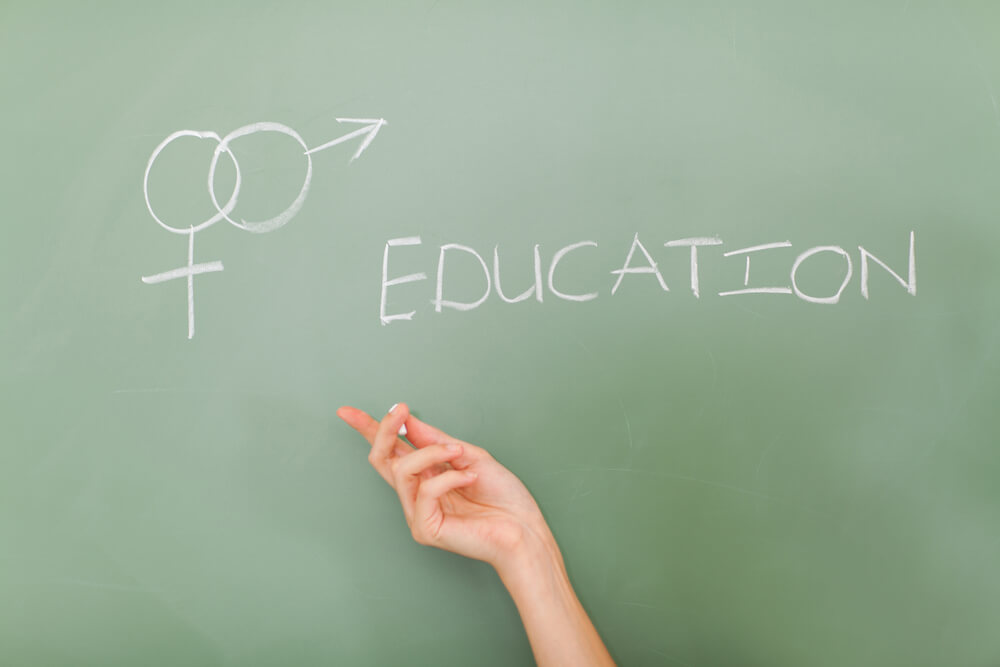Creative Fusion: Home Schooling Arts Integration

Creative Fusion: Home Schooling Arts Integration
Embarking on the journey of home schooling arts integration transforms education into a vibrant tapestry of creativity, expression, and interdisciplinary learning. In this article, we’ll explore the myriad benefits of infusing the arts into a home schooling curriculum and delve into strategies that make the learning process not only educational but also inspiring and enriching.
The Power of Creative Expression
Arts integration in home schooling emphasizes the power of creative expression. Whether through visual arts, performing arts, or literary arts, students have the opportunity to express themselves in unique and personalized ways. This focus on creative expression fosters a sense of individuality, encourages imagination, and promotes a positive attitude towards learning.
Interdisciplinary Learning Through the Arts
One of the strengths of home schooling arts integration lies in its ability to facilitate interdisciplinary learning. By weaving arts into various subjects, students connect different domains of knowledge. For example, incorporating art into history lessons or using music to enhance math concepts creates a holistic learning experience that transcends traditional subject boundaries.
Cultivating Critical Thinking Through Art
Engaging with the arts cultivates critical thinking skills. Home-schooled students who explore artistic expressions learn to analyze, interpret, and evaluate. Whether interpreting a painting, dissecting a piece of music, or critiquing a theatrical performance, these activities enhance analytical skills and encourage students to think deeply and critically about the world around them.
Enhancing Emotional Intelligence and Empathy
The arts provide a medium for emotional expression and understanding. Integrating arts into home schooling nurtures emotional intelligence by allowing students to explore and articulate their emotions through creative outlets. This emotional literacy extends to understanding the perspectives and emotions of others, fostering empathy and compassion.
Fostering a Lifelong Appreciation for the Arts
Home schooling arts integration goes beyond skill development; it fosters a lifelong appreciation for the arts. By exposing students to various forms of artistic expression, they develop an understanding of cultural diversity and artistic heritage. This appreciation lays the foundation for a lifelong engagement with the arts, whether as creators or avid enthusiasts.
Hands-On Arts Activities for Kinesthetic Learning
Hands-on arts activities cater to kinesthetic learners. In a home schooling environment, students can engage in tactile experiences such as sculpture, crafts, or dance. These activities not only appeal to kinesthetic learners but also enhance fine motor skills, coordination, and spatial awareness, creating a well-rounded approach to arts education.
Technology Integration for Virtual Art Exploration
Leveraging technology allows for virtual art exploration in home schooling. Virtual museum tours, online art galleries, and digital art creation tools provide students with a rich array of artistic experiences. Integrating technology into arts education opens new avenues for exploration and ensures that students are exposed to both traditional and contemporary artistic expressions.
Cultural Appreciation Through the Arts
Arts integration in home schooling provides a platform for cultural appreciation. Students can explore the arts of different cultures, understanding the cultural significance behind various artistic traditions. This cross-cultural exposure fosters respect, tolerance, and a global perspective, enriching





